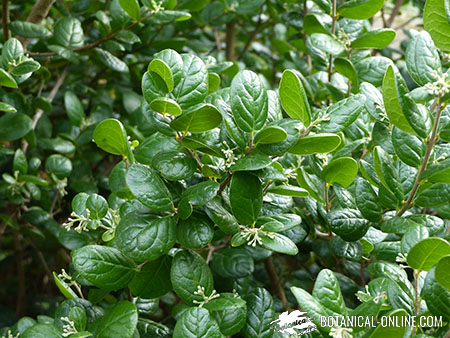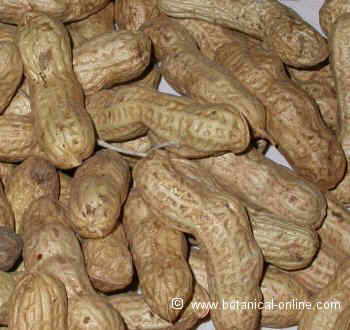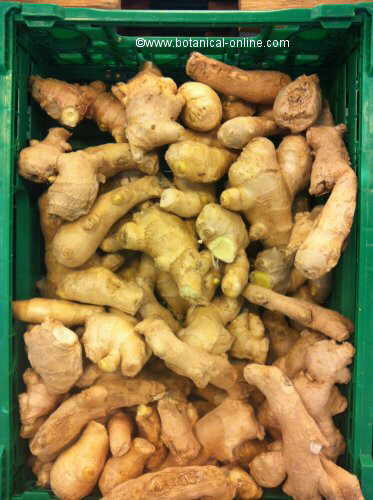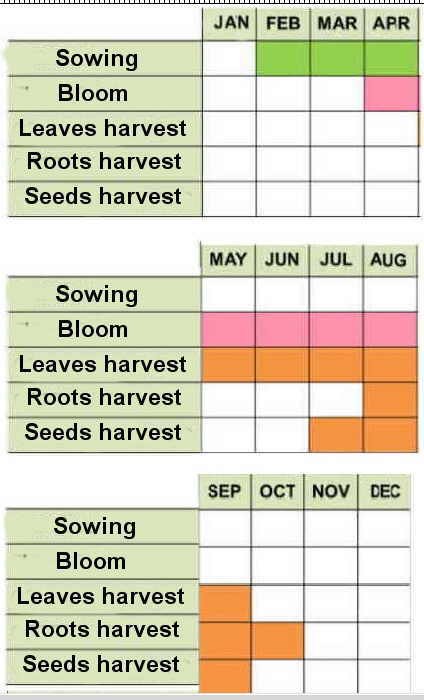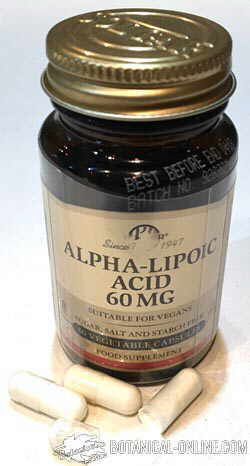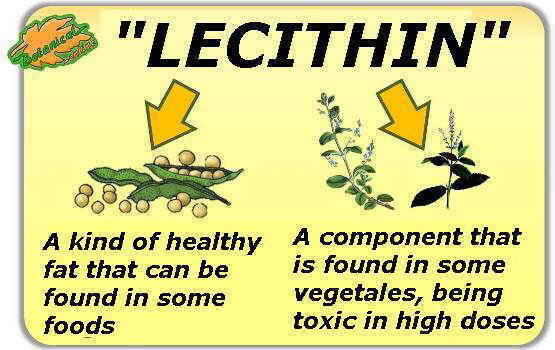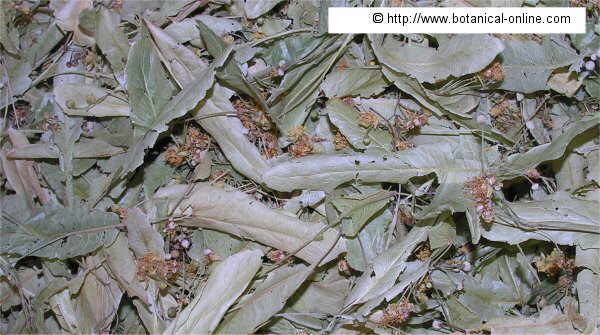Contents
- 1 Can essential oils be administered to children?
- 1.1 Dangers of essential oil treatments in children
- 1.2 Dangers of essential oils
- 1.3 Use of essential oils in pediatrics
- 1.4 Dangers of using essential oils in children
- 1.5 Examples of poisonings from essential oils
- 1.6 Keep essential oils out of the reach of children
- 1.7 Symptoms of essential oil poisoning
- 1.8 What to do in case a child has been in contact with essential oil?
- 1.9 Essential oils for babies
- 1.10 From what age can essential oils be given to children?
- 1.11 How to give essential oils to children?
- 1.12 How to use essential oils correctly?
Can essential oils be administered to children?
It is not recommended to administer remedies with essential oils in infants and young children, both internally and externally. These are very concentrated remedies that can easily cause adverse reactions.
In some cases, from 3-6 years (depending on the expert), there are professionals who do advise the use of this type of remedies in children, but the administration must be done correctly and in a controlled manner. Not all essential oils are suitable for children and these should be kept out of reach to avoid accidental ingestion of them.
Dangers of essential oil treatments in children
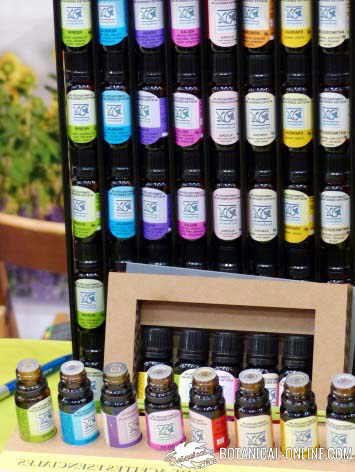
There are many reasons why essential oils should NOT be administered in young children, both because of the high toxicity of these substances, and because of the lack of evidence to support their safety of use.
Every year there are numerous poisonings from the use of essential oils, in most cases in children under 6 years, since they are more vulnerable to the effects of essential oils.
Dangers of essential oils
Essential oils are potentially toxic preparations, both for adults, and especially for children.
These preparations dangerously concentrate plant components. With a few kilos of plants only a few milliliters of essential oil is produced, which can give an idea of the amount of principles they have.
For this reason, essential oils should not be used internally, they should never be ingested (especially young children).
In certain cases certain amounts of certain essential oils (internally) may be administered, but only under medical advice. (See: Essential oils toxicity)
Use of essential oils in pediatrics
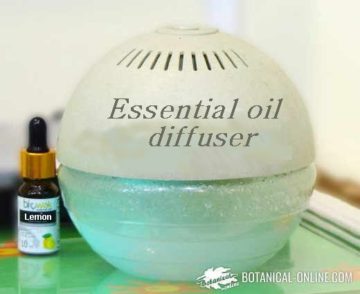
Certainly, some experts advise the use of essential oils in children, but such therapies are dangerous when professional advice is not followed:
- Only certain essential oils can be used in children, under strict professional advice.
- The main mode of application of essential oils in children will be for external use, with a diffuser of essential oils in the room, with aromatic baths (dilute a few drops of oil in the bathtub) or, from 3 months, with suitable topical use (dilute a few drops of suitable essential oil, with vegetable oil. It is usually applied on the soles of the feet).
- Children cannot consume any essential oil (internally) preferably up to 6 years. Other therapists use essential oils from 3 years of age. In any case, essential oils should never be ingested without professional advice (nor adults without professional advice).
Dangers of using essential oils in children
It should be taken into account that the effect that substances have depends on the weight of the individual. In children, who have a much lower weight than an adult, essential oils produce a more potent and dangerous effect.
Essential oil poisonings can cause serious problems such as ulcers, tachycardia or liver failure (depending on the type of essential oil). Essential oils should not be used in children and should always be kept out of sight and reach.
Examples of poisonings from essential oils
Essential oils are remedies that are totally contraindicated in infants and young children, both internally and externally. Examples of poisonings that have caused are:
- Essential oils of any kind: For example, prepared with eucalyptus essential oil for colds) Poisoning, drowsiness, ataxia, seizures, nausea, vomiting, dermatitis
- Peppermint essential oil and others containing pulegon, such as pennyroyal: Hepatic necrosis
- Absinthe essential oil and others with thujone, such as sage: Seizures, dementia, tremor, headache, ataxia
* More information: Dangers of medicinal plants in children
Keep essential oils out of the reach of children
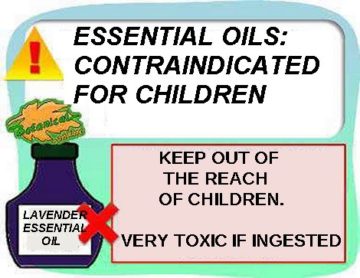
For the same reason, essential oils should always be hidden from the sight of children. They should be stored in tall cabinets, out of sight and reach. Ingestion of essential oils can cause serious and even fatal poisoning.
Symptoms of essential oil poisoning
The first symptoms of poisoning by essential oils can be very diverse, since the effects depend on the nature of the components contained in the plant. Among the most common symptoms, nausea, vomiting, dizziness, abdominal pain, etc.
What to do in case a child has been in contact with essential oil?
In the presence of any of these symptoms, or if there has been the ingestion of essential oil or the suspicion of an intoxication of this type, you should immediately go to the doctor as poisoning and serious complications can occur.
Intoxication can evolve to severe symptoms such as cough, asthma crisis, burning in the throat, stomach, sputum with blood, blood in urine, muscle weakness, delirium, memory loss, tremor, hepatitis, arrhythmia, coma, seizures, decrease heart rate, etc.
* Related information: Difference between oils and essential oils
Essential oils for babies
Babies are even more vulnerable to essential oils than children. Because of their immature metabolism and low weight, these substances can be even more toxic to their body.
During the months in which the parents are in constant contact with the baby, such as breastfeeding, it is advisable to avoid creams or perfumes that carry essential oils and not consume these remedies for internal use, especially in the case of breastfeeding.
From what age can essential oils be given to children?
There are many cases of poisoning in children due to essential oils. All professionals agree that the administration of remedies with essential oils should be avoided before 6 years. Some professionals advise giving them from the age of 12. There are others who dare to use them after 3 years.
This advice should be further customized, as there are more toxic essential oils than others or with which more caution should be exercised. In addition, before administering a natural treatment, it is recommended to consult with a physician so that the treatment is adequate.
How to give essential oils to children?
According to experts, starting at age 12, essential oils could be used in children internally:
- In any case, whenever essential oils are used in children, it should be under the supervision of the pediatrician and using the lowest possible dose.
- The diffuser aromatherapy method is a good way to start administering this type of remedies in children (external use).
- Never give essential oil in internal use (ingestion) to children without professional advice, it is dangerous. It is also not recommended in adults without professional supervision.
- It is only recommended to administer internally in children if it is indicated on the label.
* More information: Can you ingest essential oils?
How to use essential oils correctly?
Its use is limited in external preparations. A few drops of essential oil diluted in base oil are enough to prepare a massage oil or any cream with medicinal properties. However, these preparations are not recommended for children.
![]() More information on essential oils
More information on essential oils

